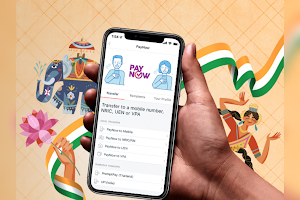Subscribe to:
Posts (Atom)
TRENDING
Health & Wellness
DON'T MISS
LATEST
POPULAR
Market Reports
Market Report & Surveys
 IndianWeb2.com is an independent digital media platform for business, entrepreneurship, science, technology, startups, gadgets and climate change news & reviews.
IndianWeb2.com is an independent digital media platform for business, entrepreneurship, science, technology, startups, gadgets and climate change news & reviews.
IndianWeb2.com © all rights reserved













